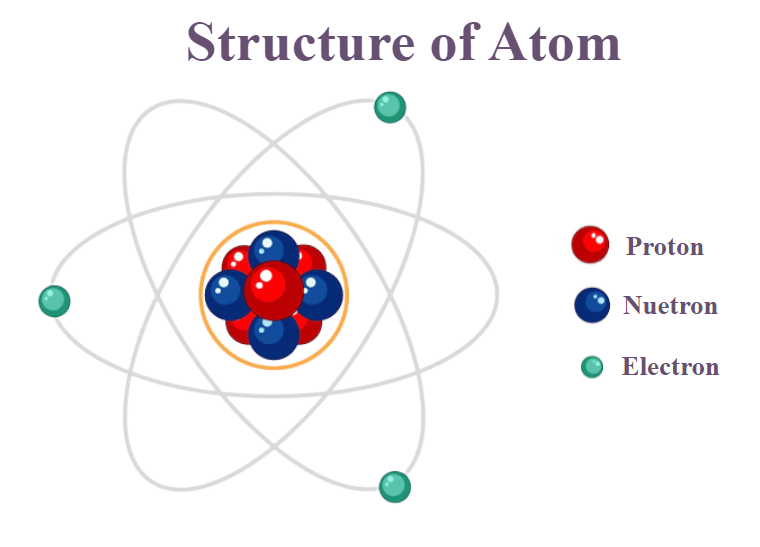Should I really place my bed facing north and where does astrology come from ?
We’ve all heard the advice: you should place your bed facing north. But where does this idea come from? Is it just superstition, or is there something deeper going on?
For the past few centuries, we’ve lived in a world shaped by naturalism[1]. But humans haven’t always seen the world this way. According to the anthropologist Philippe Descola, there are four major ways human relate to the world: animism, totemism, naturalism, and analogism[2]. Each of these modes brings its own understanding of how humans interact with animals, plants, and the cosmos.
For example, the Achuar people of the Amazon—who embody an animist worldview—don’t even have a word for “nature,” because they don’t see it as something separate. For them, nature isn’t external; it’s part of them[3]. This is radically different from the naturalist mindset dominant in the modern Western world, where nature is treated as an object outside of us, something we observe, manage, and control. We see ourselves as the only beings with an inner life, as somehow above nature rather than within it[4].
But this concept of “Nature” as something distinct from us hasn’t always existed. It was slowly constructed over time. One of the first steps came in Ancient Greece, when nature (physis) became an object of study—something to analyze from the outside. That was the first foot out of nature. Later, Christianity reinforced the split by teaching that humans (Adam) were given the task of protecting God’s creation. But to protect something, you must first possess it. This moved us further away—nature became something to control. The final rupture came during the mechanic revolution[5] with thinkers like Galileo, Bacon, and Descartes. Descartes famously argued that humans should become “masters and possessors of nature,” and nature itself was reduced to a space governed by mathematical laws[6].
For Descola, this historical shift—this invention of “Nature”—is what allowed modern science to develop. And of course, that’s brought incredible achievements: medicine, technology, and countless advancements. But it also led us to industrial capitalism, and with it, the ecological crisis we’re now facing[7].
But what were we before becoming naturalists? We were analogists.
In analogist cultures—such as those of ancient Western civilizations, traditional Chinese philosophy, Meso-American societies, and many African cosmologies—the world was seen as a tapestry of analogies[8]. It was understood through the interplay of similarities and differences. The ancients sensed that the microcosm mirrored the macrocosm—that our bodies reflected the structure of the world. From this came systems like astrology, where movements in the sky relate to events in our lives, or foot reflexology, where the foot becomes a map of the whole body.
In Taoism, for instance, the date of your birth determines an element (Wood, Fire, Earth, Metal, or Water), which expresses your character. These elements are either yin or yang, and they describe personality traits. If you’re born under Wood, you might be creative and expansive. Metal types are structured and loyal. Earth types are patient, nurturing, and steady.
Even today in the West, some farmers still use astrology to guide when and how they plant. They align their work with constellations and moon phases[9]. Each elemental constellation influences a specific part of the plant[10]. Plant a tomato during a fire constellation, and it will favor the fruit. Plant it during a water constellation, and you may get lots of leaves—but no tomatoes. My great grandmother, for example, worked that way, before the pesticides arrived in mass after WW2[11].
Here’s the thing: “believing” or “not believing” in astrology makes no sense if we frame it within our current worldview. Astrology comes from an entirely different way of relating to reality. It’s not a fight between rationality and irrationality, or science and superstition. It’s simply a different ontology, a different lens, a different way to see the world. It’s a way of being post-rational.
Using astrology—or any analogist practice—is not a rejection of science. It’s not about going backward. It’s about opening up to other ways of understanding the world. It’s about seeing ourselves not as observers standing outside of nature, but as participants within it.
In Taoist thought, if two things seem to contradict each other, they are not in conflict. They may simply be two different truths, coexisting. One does not cancel the other. They exist side by side.
So, coming back to our original question: Should we sleep with our bed facing north? Maybe not. But have you ever tried sleeping with your bed facing east?
If something like astrology helps feel more connected, more grounded, or more in sync with the world around, then maybe that’s enough. In the end, why choose between being rational and being practical—when we can be both?
[1] Philippe Descola, Par-delà nature et culture, collection folio essais, 2005, Paris; https://www.youtube.com/watch?v=UD1vw-d8ZJ0
[2] Philippe Descola, Par-delà nature et culture, collection folio essais, 2005, Paris ; https://www.youtube.com/watch?v=UD1vw-d8ZJ0
[3] Philippe Descola, Par-delà nature et culture, collection folio essais, 2005; https://www.youtube.com/watch?v=UD1vw-d8ZJ0
[4] Philippe Descola, Par-delà nature et culture, collection folio essais, 2005, Paris ; https://www.youtube.com/watch?v=UD1vw-d8ZJ0
[5] For a development in a feminist perspective: Silvia Federici, Caliban and the Witch, Autonomedia, 2004; Emile Hache, De la génération, Enquête sur sa disparition et son remplacement par la production, Editions la découverte, 2024, Paris.
[6] Philippe Descola, Par-delà nature et culture, collection folio essais, 2005, Paris; https://www.youtube.com/watch?v=UD1vw-d8ZJ0
[7] Philippe Descola, Par-delà nature et culture, collection folio essais, 2005, Paris ; https://www.youtube.com/watch?v=UD1vw-d8ZJ0
[8] Philippe Descola, Par-delà nature et culture, collection folio essais, 2005, Paris ; https://www.youtube.com/watch?v=UD1vw-d8ZJ0
[9] Passe-moi les jumelles, Paysans de montagne, charpentiers, tavillonneurs; ils vivent au rythme de la lune, 31 mai 2024, Radio Television Suisse, https://youtu.be/ViJ1tmivulc?feature=shared
[10] Michel Gros, Calendrier Lunaire 2025, Calendrier Lunaire diffusion, 2025, Chêne Bernard.
[11] L’Homme a mangé la Terre, documentary from Jean-Robert Viallet, Arte, 2019, https://youtu.be/NjrOv80HRx4?feature=shared

